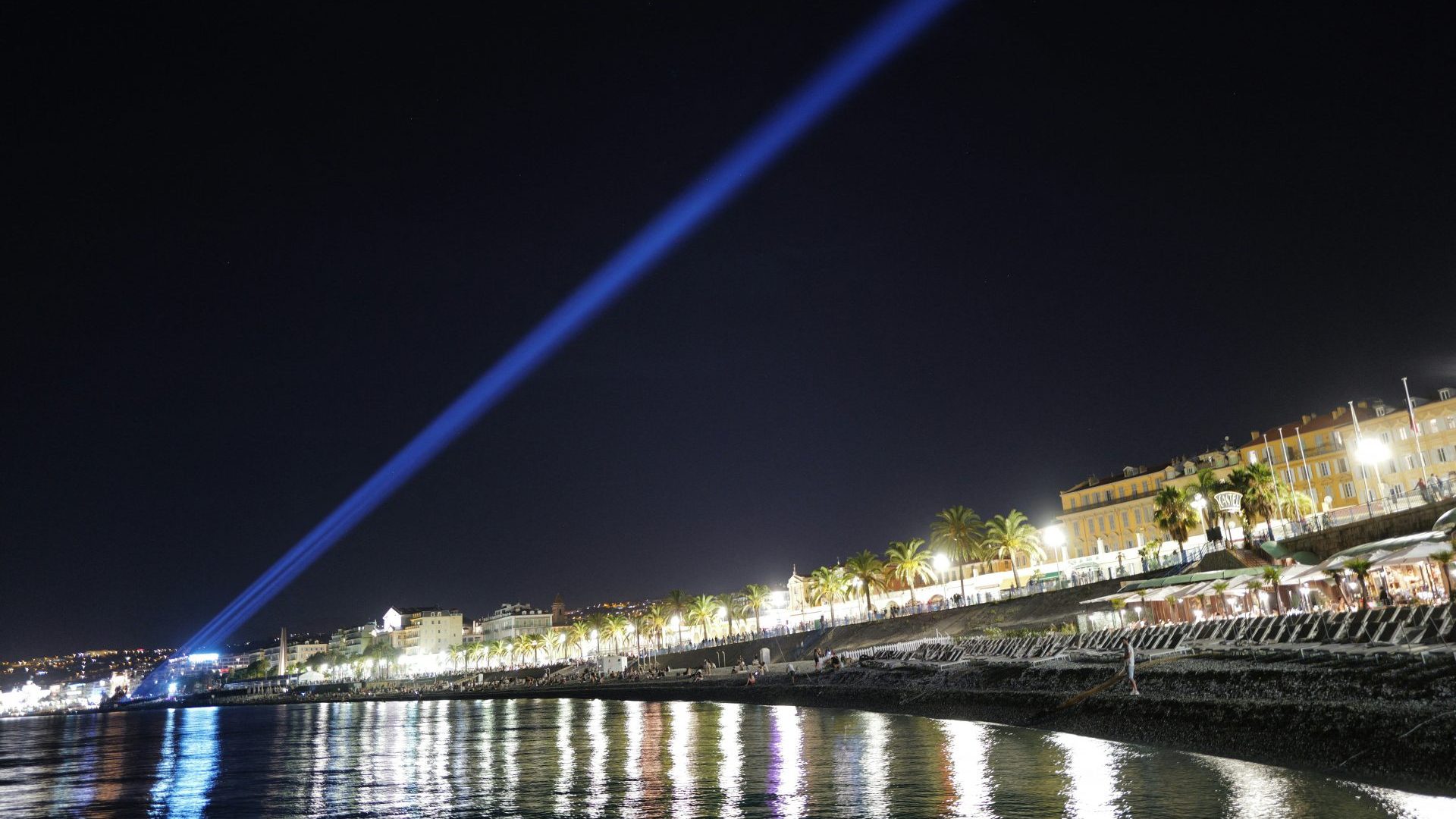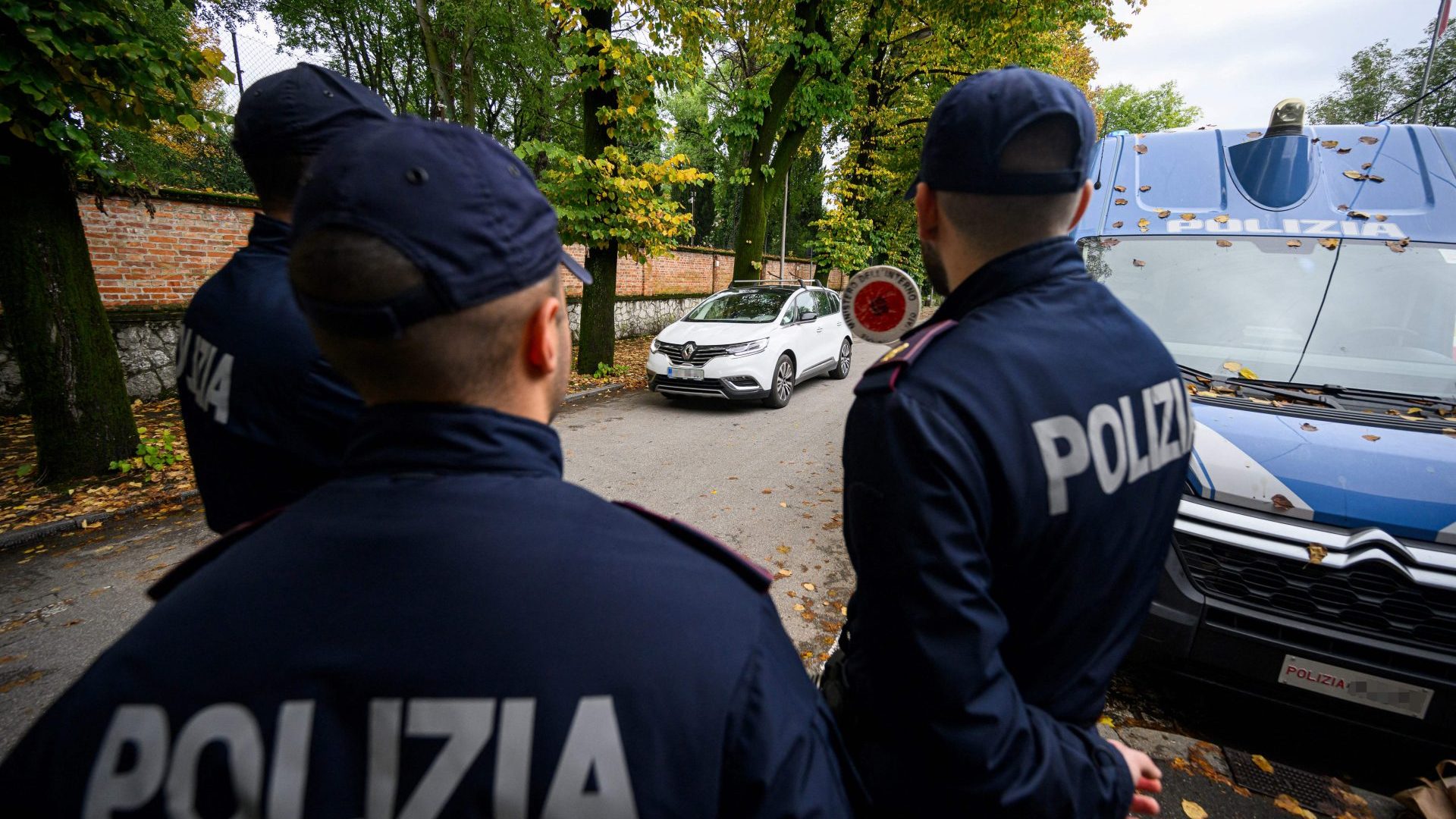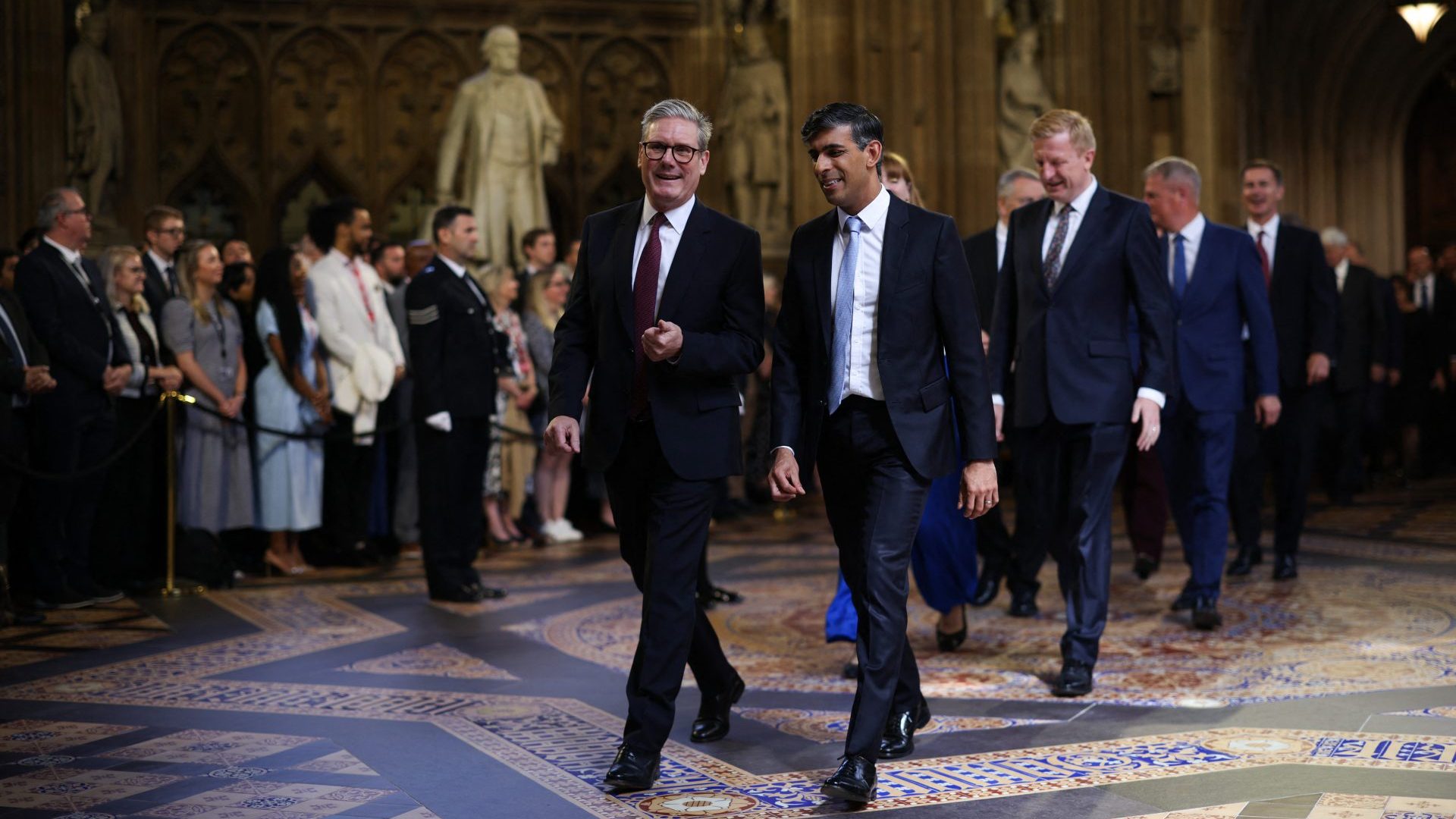We used to go to Nice every year for July 14, Bastille Day, because Nice did it better than anywhere else. There were the fireworks, but also the bandstands down much of the magnificent seven kilometre long Promenade des Anglais which fronts the Baie des Anges (Bay of the Angels),
Then came 2016, and the dancing stopped.
We weren’t there that year, because I was at a book festival. As I was about to go on stage, I read that at 10.30 pm the previous night, a man called Mohamed Lahouaiej Bouhlel had driven a 19-tonne truck into the crowds. There were 86 dead, ten of them children, and 434 badly hurt, before police shot him dead.
We went to Nice for Bastille Day a couple of years later and saw a traumatised city: a makeshift memorial garden, concrete blocks at every entrance to the Promenade, hundreds of heavily-armed men in uniform.
Last week we returned. Two huge lorries blocked the Promenade, and each street leading into it had concrete blocks at the end.
The day began with a wreath-laying ceremony at the statue which commemorates the 86 dead. Among the politicians was Bernard Chaix, newly elected deputy for one of the Nice constituencies. He supports Marine le Pen and has just ousted the sitting Macroniste deputy. He is a beneficiary of the anti-Muslim feeling that Lahouaiej Bouhlel stoked.
A woman walked alone to the seats marked “familles” (families), staring fixedly ahead of her and near to tears. She was joined by a man in a wheelchair, chain smoking cigarettes.
Martial music accompanied a parade down the Promenade: first the army, then the navy, then the customs officers with sniffer dogs. Then the police, on motor bikes and in cars, and a tank with a man standing in it, his face entirely covered by a black mask – a sniper. Then came the firefighters in their fire engines.
In the evening, the final of the Euros kept many of the English and Spanish glued to screens in the bars and restaurants. The crowd on the promenade seemed thin, especially as they were herded into a smaller space than usual – Nice was preparing to host the finale of the Tour de France and there were temporary banks of seats to watch the riders come in.
The city authorities have decided that unrestrained revelling, on the anniversary of such horror, is not appropriate. So fireworks and bandstands have gone. We could just about hear some music: a concert in a closed area for invités only – the politicians and the families of the victims.
The security man guarding the entrance was an Algerian who had lived in Nice for 20 years. He was there in 2016. He remembers mangled bodies on the ground under the truck, and people falling from the promenade onto the beach as they tried to stay out of the truck’s path. He showed me the spot outside the magnificent Negresco Hotel where the massacre began. “It’s all changed now,” he said. “There’s so much security.”
At 10.30 the invités came out to the bank of seats reserved for them to watch the light show. I saw the man in the wheelchair again, a woman behind him rubbing his shoulders.
At 10.30 exactly, 86 floodlights threw out a beam of light, the lights converged in the sky, and over the microphone, sombre voices read out the names of the 86 dead.
I suppose I had hoped that Bastille Day in Nice would somehow return to its former joyous glory. But how can you ask the man in a wheelchair to look on while tens of thousands of people dance in the warm night air?
And that is the final horror. Lahouaiej Bouhlel claimed to have some cause or other, but must have known he would only set it back. He claimed to be religious, but research into his life revealed, as a relative of the killer admitted, that “he was not a Muslim, he was a shit.” He just saw innocent happiness, and wanted to stop it.
Francis Beckett is an English author, journalist and biographer



